It was the best of years, it was the worst of years, it was the wokest of years, it was the most problematic of years, it was the year of AI, it was the year of scooters, it was the year of Big Tech triumph, it was the year of Big Tech scandals, it was the year of Musk’s disgrace, it was the year of Tesla’s redemption, it was the year of shitcoin justice, it was definitely not the year of AR or VR, it was the dumbest timeline, it was the spring of stanning, it was the winter of wtf.
It was, in short, a year tailor-made for The Jons, an annual award celebrating tech’s more dubious achievers, named, in an awe-inspiring fit of humility, after myself. So let’s get to it! With very little further ado, I give you: the third annual Jon Awards for Dubious Technical Achievement!
(The Jons 2015) (The Jons 2016) (The Jons 2017)
THE FEET AND LEGS AND TORSO OF CLAY AWARD FOR SUDDEN REGRESSION TO THE MEAN
To Elon Musk, who in the past year went from (in many eyes) “messiah who could do no wrong” to “man who has paid a $20 million fine and stepped down as chairman in order to settle with the SEC regarding allegations of tweeted fraud; been sued for very publicly accusing a stranger of pedophilia with no evidence; feuded with Azealia Banks; been roundly criticized for the conditions in Tesla’s factories; and been pilloried (though also, and to my mind more accurately, tentatively praised) for his new Boring Tunnel.” Don’t have heroes, kids.
THE BUT ON THE OTHER HAND THERE ARE ALL THOSE SHINY NEW ELECTRIC CARS AWARD FOR ATTEMPTED DOOMSAYING
Surprisingly, despite the previous award, this one goes to the herds of bears who spent much of the year claiming that Tesla’s imminent doom and bankruptcy would become obvious and indisputable any day now. The roars of the bears seem to have grown much quieter of late, probably because the Model 3’s production rate has rocketed from 1,000 per week at the start of the year to 1,000 per day of late. No mean feat on the part of Tesla employees.
THE YES BUT THE DIFFERENCE IS THE RUSSIANS KNOW IT’S DISINFORMATION AWARD FOR BAD OPSEC
To Donald Trump, who apparently continues to use an insecure iPhone which the Chinese and Russians listen in on. The good news? Officials have “confidence he was not spilling secrets because he rarely digs into the details of the intelligence he is shown and is not well versed in the operational specifics of military or covert activities.” Put less diplomatically, the President of the United States doesn’t pay enough attention to briefings to have any important secrets to share. Nothing to worry about there! Trump responded by tweeting a denial, saying he only had a “seldom used government cell phone” … from the iOS Twitter app.
THE YOU MUST ADMIT I WAS AT LEAST RIGHT ABOUT EVERYTHING BEING DIFFERENT NOW AWARD FOR BUBBLY BITCOIN PREDICTIONS
It’s too easy and obvious to give this award to John McAfee, who I suspect of actually angling for a Jon year after year. And as a believer that cryptocurrencies have long-term importance, I’m not going to award anyone for their less-outlandish-than-McAfee medium-term beliefs. So this award goes to Bitcoin uberbull Tom Lee, who claimed Bitcoin would end the year at $15,000 … in the second half of November. There’s a point you almost have to admire; the point at which hype becomes delusion.
THE SURE BUT IT’S A MORE CONNECTED KIND OF MISERY, EXPLOITATION, AND DISINFORMATION AWARD FOR DESTROYING THE GLOBAL VILLAGE IN ORDER TO SAVE IT
Not to Mark Zuckerberg, actually, whose company has, in its zeal for connecting the world, and its belief that this is always and automatically a good thing, amplified genocide, provided a platform for manipulation and disinformation which may have helped tip the Brexit referendum, and 2016 presidential election (both of which were admittedly so close that there were probably dozens of aspects which “helped tip” them) and is increasingly widely viewed as a significant net negative for the world thanks to its business model of incentivizing “engagement” above all else. He’d be a worthy recipient, but this goes to Sheryl Sandberg, for epitomizing Facebook leadership’s thin-skinned tunnel vision wherein they automatically suspect anyone who criticizes Facebook of having a bad-faith ulterior motive, when she “asked Facebook’s communications staff to research George Soros’s financial interests in the wake of his high-profile attacks on tech companies.”
THE PICK A HORSE ANY HORSE BUT LOOK JUST ONE HORSE AWARD FOR OXYMORONISM IN THE FACE OF SOCIAL MEDIA
To everyone — especially journalists and media executives — who thinks that the big social-media companies are too powerful and that tech companies should exercise more control over the dissemination of public speech, and/or to everyone who says that the big social-media companies shouldn’t ever censor while being perfectly aware that they are already exercising control over the dissemination of public speech via their timeline algorithms. There are many, many copies of this particular award to go around.
(Note that there are at least two intellectually consistent approaches here: one is to be explicitly supportive of social media companies moderating speech; another is to favor non-algorithmic, non-amplifying, non-optimized-for-engagement, strict-chronological feeds)
THE COMETH THE HOUR, COMETH THE SPECTACULARLY OUT-OF-TOUCH COVEN OF CLUELESS OLD WHITE MEN AWARD FOR REMINDING US THAT SOMETIMES THE CURE IS WORSE THAN THE DISEASE
To the members of the United States Congress, both houses, for making Mark Zuckerberg and Sundar Pichai seem cuddly, friendly, wise, warm, human, plugged-in, and in-touch with the common man and woman, by comparison with their unbelievably clueless question. Who can forget “Senator, we sell ads,” and/or “Congressman, iPhone is made by a different company”?
THE STREET FINDS ITS OWN DISUSES FOR THINGS AWARD FOR BOOTLEG URBAN RENEWAL
To Lime, Bird, and the other scooter companies whose products have spent the year being thrown by the dozen into Lake Merritt in the heart of Oakland, presumably with the collective intent of turning that empty water into reclaimed land, just as downtown San Francisco is built on the carcasses of sailing ships from the 49er gold rush.
THE OONTZ OONTZ OONTZ TRONC TRONC TRONC AWARD FOR FINALLY GETTING THAT THE JOKE WAS ON THEM
To Tribune Publishing, until recently known as Tronc, for reminding us of their unbelievably terrible name when they finally — finally! — decided to abandon it in favor of something not risible. A small silver second-place award goes to Oath, the owner of TechCrunch, for thereby rising to the top of the “Worst Media Company Name” rankings.
THE SOMETIMES NOTHING IS A REAL COOL HAND AWARD FOR DOING NOTHING BECAUSE NOTHING WAS NECESSARY
To Twitter, who, when noted far-right wacko Laura Loomer handcuffed herself to Twitter’s NYC building after she was permanently banned by them for hate speech, responded by — brilliantly — doing nothing at all. They did not ask the police to remove her. They did not press charges. They ignored her completely. And Loomer went from “she will not remove the handcuffs until CEO Jack Dorsey reinstates her account” to “After several hours of complaining about the cold, Loomer eventually requested to be removed from the door.”
THE COME ON NOW DON’T BE EVIL WAS A LONG TIME AGO AWARD FOR REDEFINING GOOGLEY
To Google, obviously, for being forced to come to terms with what sure looks from the outside like a culture of pervasive sexual harassment by a massive employee walkout in the same year its plans for a new censorship-friendly China search engine leaked. Look not for the trigram in thy brother’s eye, etc.
THE CENTRAL CASTING MAD SCIENTIST AWARD FOR BRINGING US THE DYSTOPIA WE DESERVE
To He Jiankui, the self-funded doctor who apparently brought us the world’s first two human babies genetically edited via CRISPR, without letting anything like an ethics review board, a well-considered benefit/risk ratio, the pre-existence of well-established less-dangerous ways to achieve the allegedly desired result, or anything else stand in his way. But then, if he had, that wouldn’t really have captured the 2018zeitgeist, would it?
THE WHAT ARE THE NEW RUULES AWARD FOR MAKING NICOTINE MORALLY AMBIGUOUS AGAIN
To Juul, which has made a ridiculous boatload of money and more importantly made a lot of people seem very silly as they moral-panic about vaping as if it is the same as smoking, and others seem just as silly as they moral-panic about that moral panic as if vaping has been guaranteed on stone tablets to have no deleterious side effects at all. Where is the nuanced middle? Ah, let’s not kid ourselves, it’s 2018, no one cares about the nuanced middle any more. Bring on the outrage!
THE LISTEN UP YOUNG WHIPPERSNAPPER I WAS THE CEO OF A CYBERSECURITY FIRM AND THE PRESIDENT’S CYBERSECURITY ADVISOR I’LL HAVE YOU KNOW AWARD FOR NOT ACTUALLY KNOWING ANYTHING AT ALL ABOUT HOW TO CYBER THE CYBER. CYBER!
To Rudy Giuliani, who really was the CEO of a cybersecurity firm (Cyber!) and really was the president’s cybersecurity advisor (Cyber! Cyber!) and yet, as shown by his bewildering yet hilarious accusations that one of his tweets was sabotaged by Twitter, does not actually understand the Internet at all. Or, we may presume, the cyber. Cyber!
THE LOOK WE’RE ONLY A $30B COMPANY HOW ARE WE SUPPOSED TO KEEP TRACK OF ALL THESE LITTLE DETAILS AWARD FOR FORCING PEOPLE TO INTERACT WITH OTHERS NEARBY
To Ericsson, who accidentally disabled phone service for hours for tens of millions of people around the globe because it failed to renew a (presumably TLS) software certificate used by its switching services ahead of its expiry. You can get those for free and automatically these days, btw. Never mind the cyber (Cyber!) attackers; it’s malingering incompetence that will get us all in the end. Speaking of which …
THE WHO COULD POSSIBLY HAVE IMAGINED THAT SUCH A THING WOULD HAPPEN OR IF IT DID THAT WE WOULD RESPOND TO IT IN ALL THE WORST POSSIBLE WAYS AWARD FOR A REPERTOIRE OF PANICKED FLAILING INEPTITUDE WORTHY OF ARTHUR DENT
To the authorities at Gatwick university, who first shut down one of the busiest airports in Europe for almost a day and a half during the pre-Christmas rush because there were reports of drones seen over its runways; then said they couldn’t possibly shoot down those drones for fear the stray bullets might harm someone; then conceded the possibility that there were no drones at all (though it seems like there probably were); then arrested a couple who turned out to be completely innocent; then reopened the airport with no resolution but that of the installation of an expensive new anti-drone system and the discovery of a single, untraced, damaged drone. This dithering paralysis raises many terrifying questions. I have two in particular. One: the people in charge of Gatwick — again, one of Europe’s biggest and busiest airports — never done any threat modelling / scenario analysis / contingency planning at all? And two: how many minutes-rather-than-hours would this shutdown have lasted if it had happened at a major airport in, say, Texas, before the bullet-ridden carcasses of the drones in question were dragged off the runway? I guess we’ll never know. But it gives me a certain dubious pleasure to bequeath to Gatwick, an airport I have known and disliked for many years, this year’s Jon of Jons.
Congratulations, of a sort, to all the winners of the Jons! All recipients shall receive a bobblehead of myself made up as a Blue Man, as per the image on this post, which will doubtless become coveted and increasingly valuable collectibles. (And needless to say sometime next year they will become redeemable for JonCoin.) And, of course, all winners shall be remembered by posterity forevermore.
1Bobbleheads shall only be distributed if and when available and convenient. The eventual existence of said bobbleheads is not guaranteed or indeed even particularly likely. Not valid on days named after Norse or Roman gods. All rights reserved, especially those rights about which we have reservations.
Source: Tech Crunch


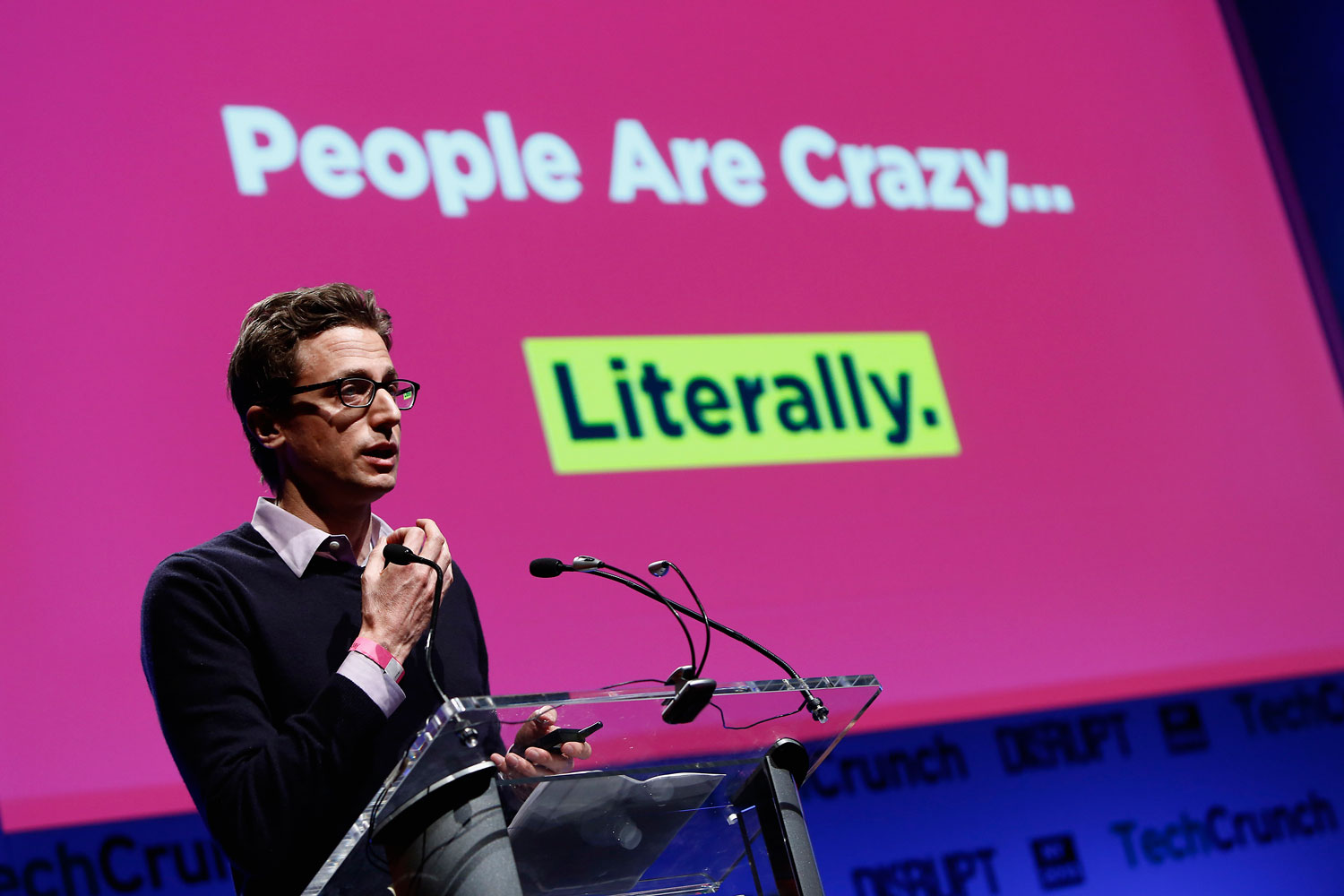









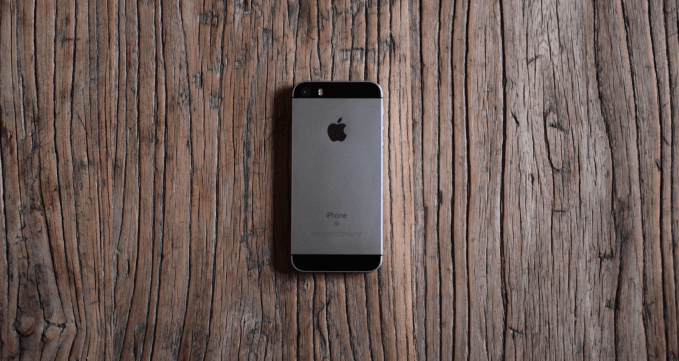




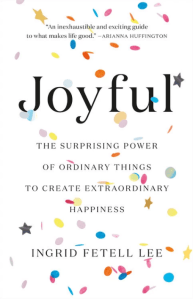
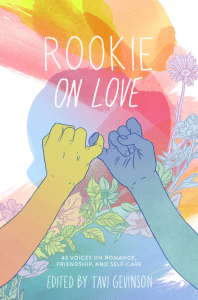

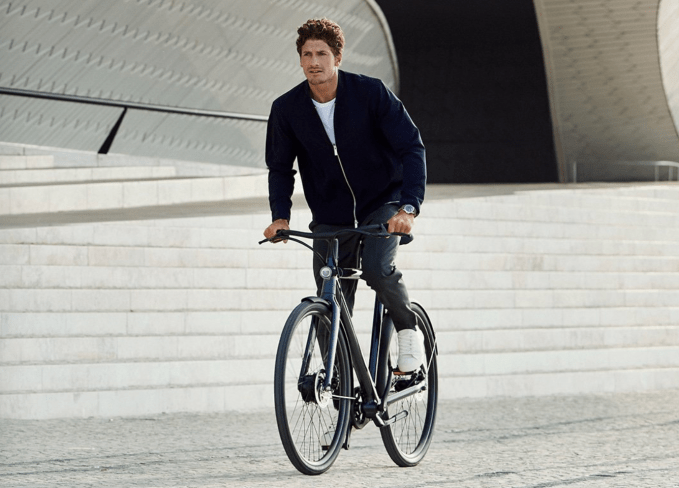





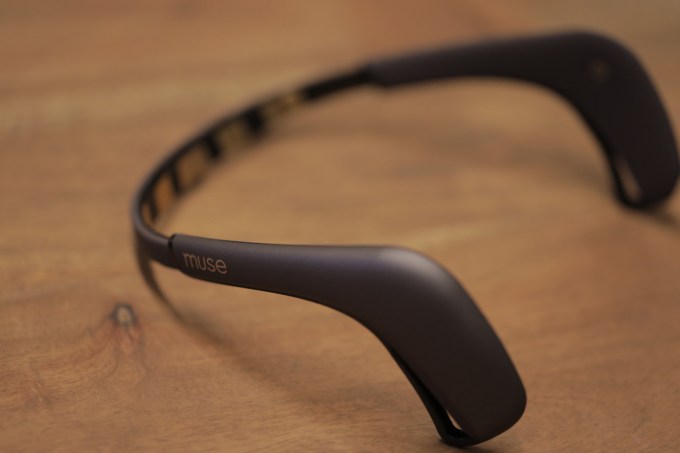


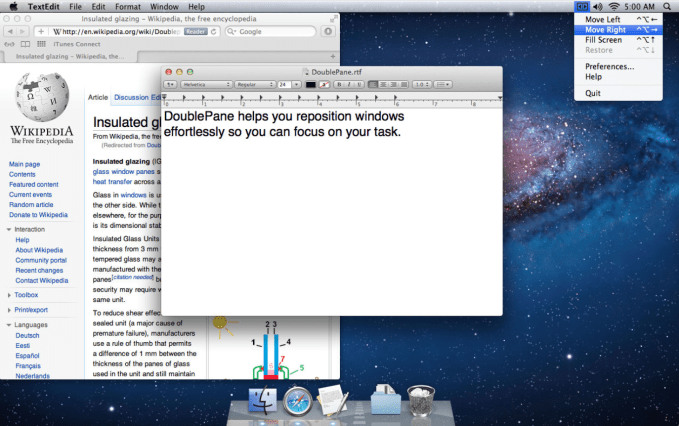

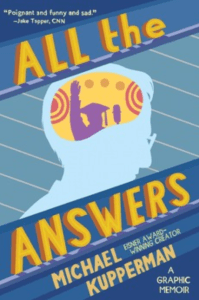
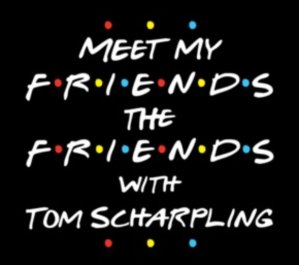
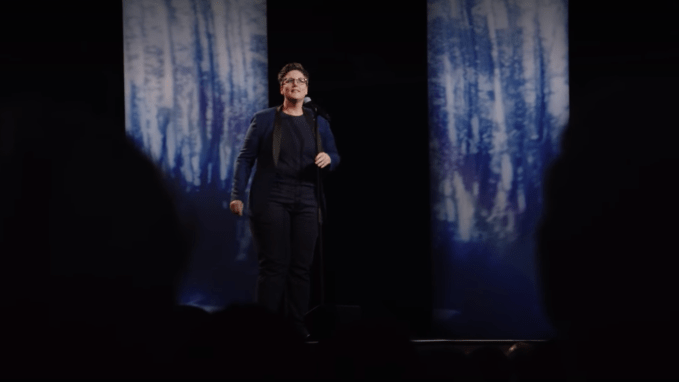


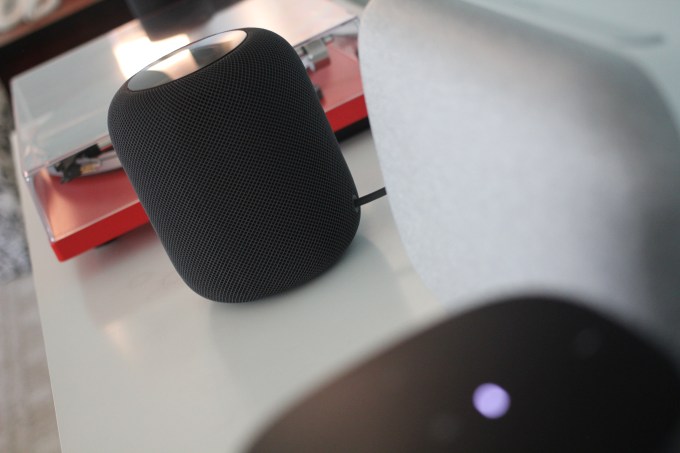

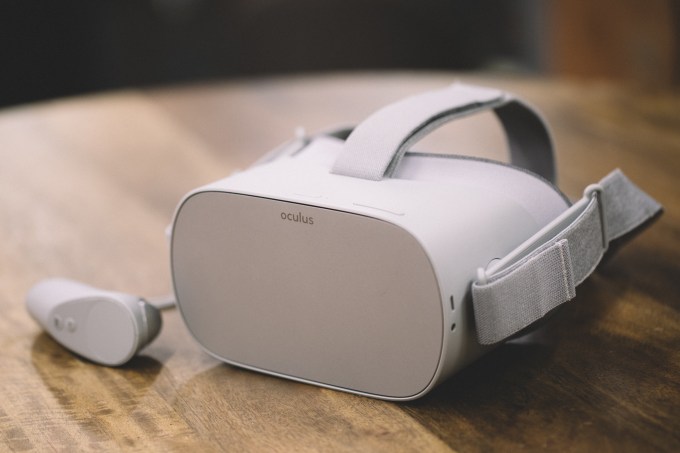

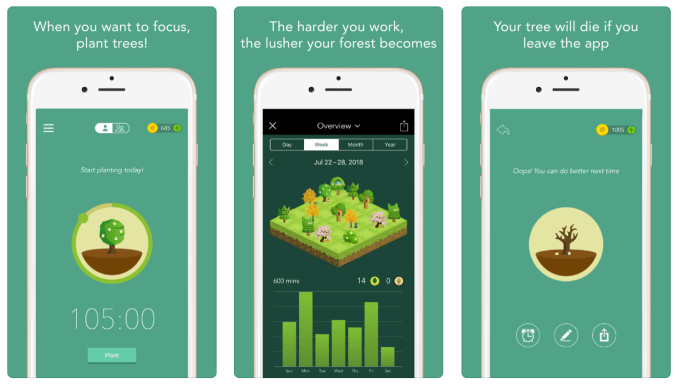



Recent Comments